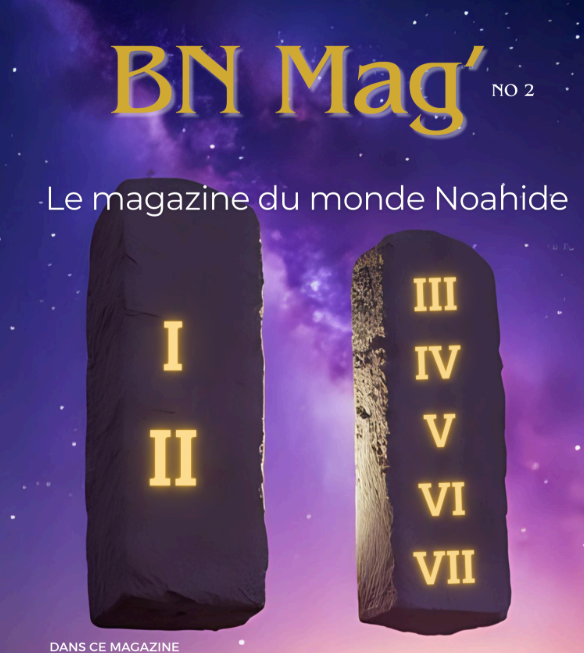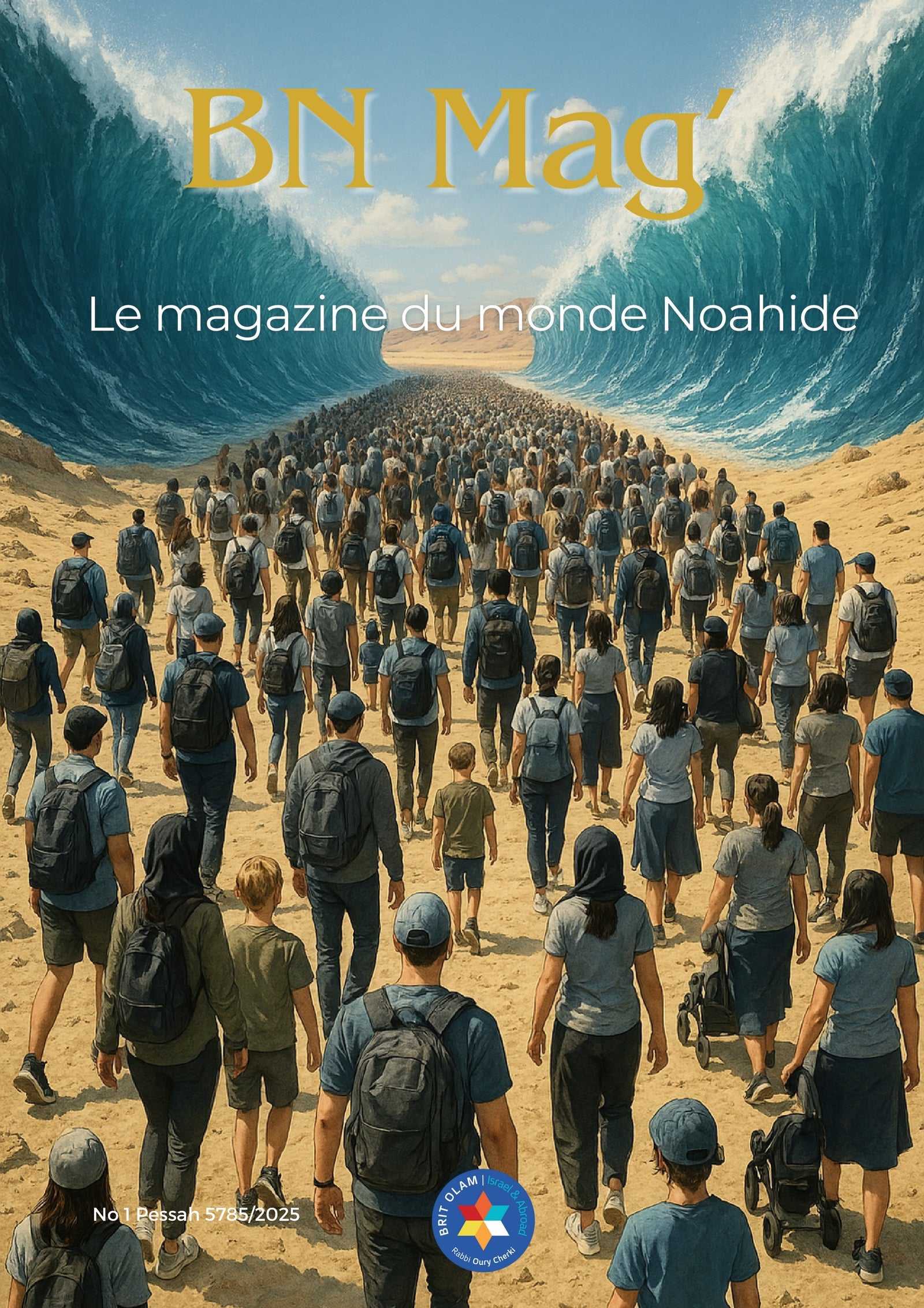After the 'Unlimited - More than 7' post
We got this question

Here is our answer:
Hi and greetings from Jerusalem
The place where God prophets.
Your email contains great few questions; thanks for sending me.
1. keeping Shabbat for Noahide.
Twice God demands us to observe the Shabbat. Every time there is a difference in the exact command:
A. In exodus 20 (verses 8 - 11), God asks us to remember Shabbat (in a positive way).
The reason is: "For [in] six days the Lord made the heaven and the earth, the sea and all that is in them, and He rested on the seventh day. Therefore, the Lord blessed the Sabbath day and sanctified it."
i.e.
It's related to all humankind.
B. In Deuteronomy 5 (verses 12 - 15), God asks us to keep the Shabbat (in a passive way - not to do some actions).
The reason is different from Exodus: "And you shall remember that you were a slave in the land of Egypt and that the Lord your God took you out from there with a strong hand and with an outstretched arm; therefore, the Lord, your God, commanded you to observe the Sabbath day."
i.e.
It's related to the Hebrews nationally only, who were redeemed from Egypt.
This brings an exciting debate between the Hebrew sages and how to read Maimonides.
We hold that Noahide has permission to keep full Shabbat. On the other side, we do not recommend this behavior at all. Think about someone who lives in a place without any Hebrew people. Would he be able to keep Shabbat properly? Not!
What yes? Light candles on Friday night to remember that God created our world in six days, and here he stopped. Do a nice meal with your family without electronic devices, and learn from the Hebrew Bible. Those things mention remembering Shabbat as a holy day.
2. What Rabbi to follow?
This is a huge question, and it's not the right thing to 'jump' to the Rabbi who is more convenient for a specific question.
A. First, it's essential to understand the 'Oral Bible' passing through history in the Hebrew Rabbis.
More about this issue you can find on this course. [You can find here the part of 'Oral Bible' for free]
More about this issue you can find on this course. [You can find here the part of 'Oral Bible' for free]
B. Ask the Ribbis who is/was his Rabbi. [You can find out about our Rabbis at this link]
C. I'm offering you to learn our Brit Shalom book, which got recommendations from the Israeli Chief Rabbis and, more critically, Rabbis from the Orthodox community. Here is the link for the book
D. Join our live study every Sunday at 14:00 Israel time at this link
With all my blessings
Have a wonderful weekend
Chaim



